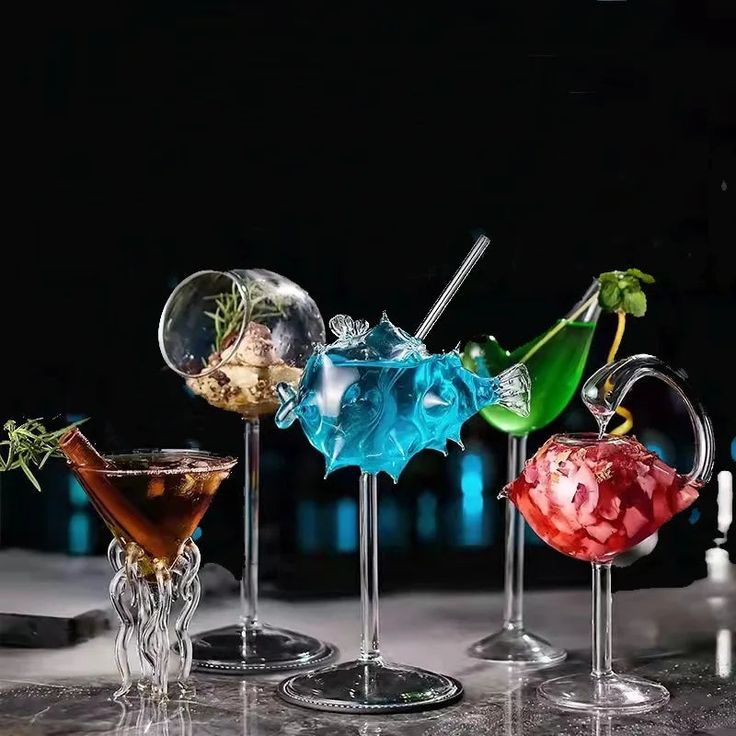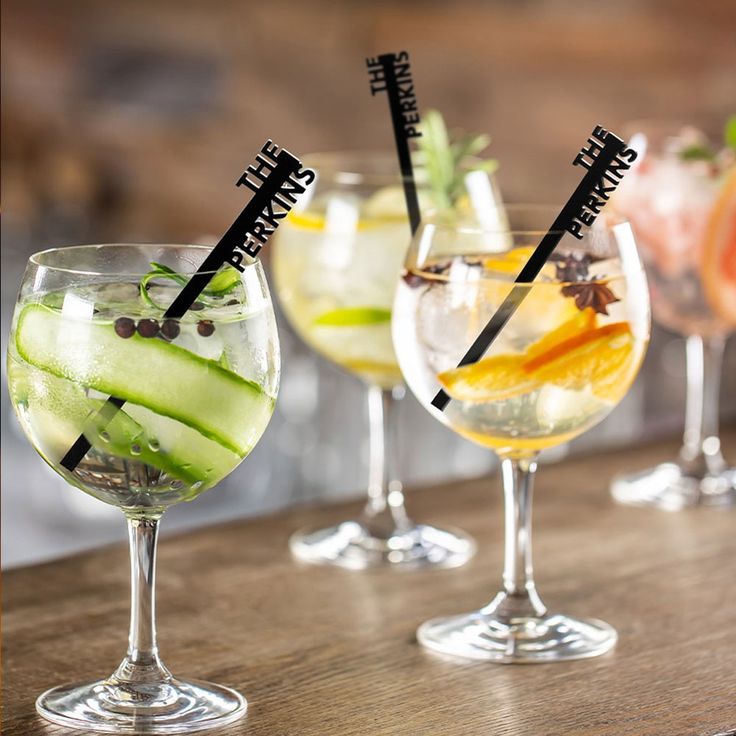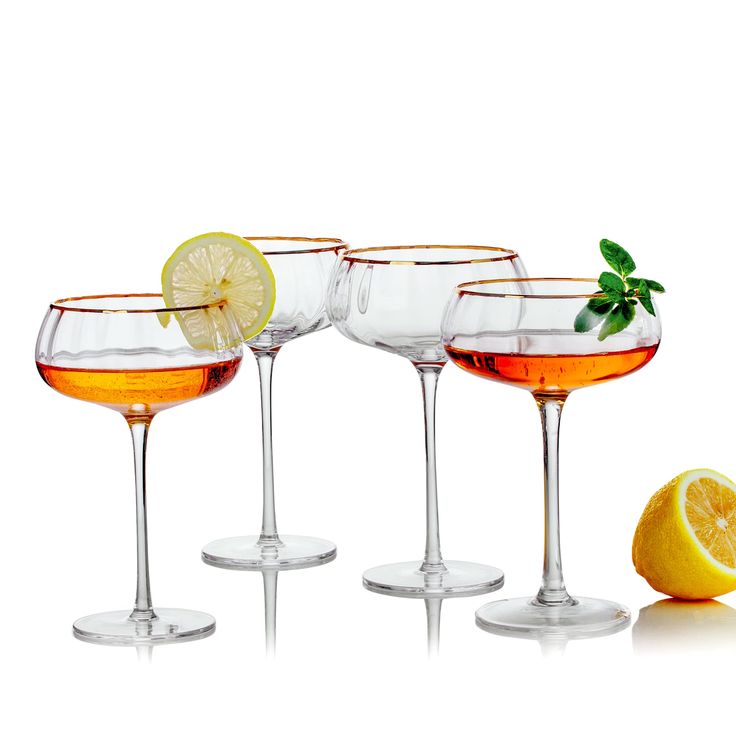Estimating Your Guest Count and Duration
Determining Number of Guests
How much alcohol do i need for my wedding? To ensure you have enough alcohol for your wedding, start by counting your guests. Create a list of everyone you plan to invite. Include family, friends, and plus-ones. This count will influence how much alcohol you need. A precise guest count avoids the risk of running out of drinks.

Calculating Duration of Alcohol Service
Next, determine how long you will serve alcohol. Most weddings last about 4 to 5 hours. Remember, the type of wedding can change this duration. A daytime wedding might have a shorter alcohol service compared to an evening event. Count how many hours drinks will be needed. This helps in planning the total amount of alcohol. Keep in mind that not everyone drinks at the same rate throughout the event.
Types of Alcoholic Drinks to Consider
When planning your wedding, selecting the right types of drinks is crucial. Consider the preferences and demographics of your guests to make an informed decision.
Choosing Between Wine, Beer, and Spirits
Making a choice between wine, beer, and spirits depends largely on your guests’ preferences. Generally, wine is a classy option for formal weddings, beer is ideal for casual settings, and spirits are great for lively, energetic gatherings. Here are some points to consider:
- Wine: It’s often chosen for elegance. A mix of red and white varieties caters to different tastes.
- Beer: This is typically a crowd-pleaser and can include options from craft to popular brands.
- Spirits: Spirits can range from whiskey to vodka and add a vibrant touch to the party.
Consider having a tasting session prior to your wedding to decide on the specific brands and types.
Considering Non-Alcoholic Options
Don’t forget about guests who prefer non-alcoholic drinks. Providing a variety of non-alcoholic options ensures that all your guests have enjoyable beverage choices. Some popular non-alcoholic options include:
- Soft drinks: Colas and lemon-lime sodas are always a hit.
- Juices: Fresh fruit juices can be a refreshing option.
- Mocktails: These provide the festivity of cocktails without the alcohol.
Offering a broad range of drinks will enhance the overall wedding experience, making it memorable for everyone.
Calculating Alcohol Quantities
Serving Sizes for Different Alcoholic Drinks
When planning the amount of alcohol needed for your wedding, understanding standard serving sizes is vital. For wine, a standard 750ml bottle yields about 6 glasses. In contrast, a bottle of spirits can serve approximately 18 shots or mixed drinks, depending on pour size. Beer is often supplied in larger quantities, such as kegs or cases, with a 30-litre barrel providing around 90 glasses. These numbers can serve as a baseline to begin your calculations.
It’s important to note that these are average estimates. You may need to adjust based on the specific drinks you choose. For example, if you opt for larger wine glasses or stronger pours, you’ll need more bottles to accommodate the same number of guests. Therefore, always round up your estimates to ensure you have enough for everyone.
Estimating Total Quantity Based on Guest Count and Drink Preferences
To estimate the total amount of alcohol to purchase, combine your guest count with the average number of drinks consumed per person. Assume each guest will enjoy one drink per hour. Multiply the number of guests by the duration of the event to calculate the base quantity of drinks required.
For example, if you have 100 guests at a 4-hour reception, you’ll need at least 400 servings of alcohol. But not all guests will consume the same types of drinks. You’ll need to adjust the quantities based on their preferences. If your crowd favors wine, allocate a larger portion of your budget to wine rather than beer or spirits.
Additionally, consider your wedding’s atmosphere. An elegant evening wedding may lean more towards wine and spirits, while an afternoon garden party might see higher beer consumption. Keep these factors in mind to tailor your purchase to the specific needs and preferences of your wedding attendees. Ultimately, understanding guest preferences is key to getting the right mix and amount of alcohol for your celebration.

Alcohol Consumption Patterns
Adjusting for Time of Day and Weekday vs Weekend
When planning how much alcohol you need for your wedding, consider the timing. Daytime events often require less alcohol compared to evening ones. Guests tend to drink more in a festive, night-time setting. Also, think about the day of the week. Weddings on weekends typically see higher alcohol consumption than those on weekdays. Recognize that holidays falling on weekdays may also increase consumption. Strategic planning based on these aspects helps in maintaining ample supplies.
Understanding Guest Drinking Preferences
Understanding your guests’ drinking preferences is crucial. It ensures that everyone enjoys the celebration without wastage. Survey your guests informally or base your decisions on known preferences. For instance, if your guests favor wine, ensuring a higher ratio of wine to beer might be wise. Conversely, if they prefer spirits, stock up accordingly. Consider the age group and cultural backgrounds as these can influence drink choices significantly. This tailored approach means guests have a great time, and you manage resources effectively.
Budgeting for Wedding Alcohol
Navigating the costs of wedding alcohol can be tricky. It’s essential to have a clear budget.
Cost Estimation for Different Types of Alcohol
Begin by pricing the types of alcohol you’ve chosen. Wine, beer, and spirits come at varied costs.
- Wine might cost more but adds an elegant touch.
- Beer is often less expensive and is generally a crowd favorite.
- Spirits can be costly, especially for premium brands.
Price out each option based on the servings you estimated. Remember to include taxes and any deposits for bottles or kegs.
Don’t forget to factor in non-alcoholic drinks. They are usually cheaper and important for a well-rounded beverage menu.
Remember to compare prices from various suppliers. Buying in bulk often leads to discounts.
Ways to Incorporate Cost-effective Options
Saving on alcohol doesn’t mean skimping on quality. Here’s how:
- Bulk Purchases: Order in bulk for discounts. Some suppliers offer price breaks on large orders.
- Signature Cocktails: Limiting to one or two can reduce costs on spirits.
- Local Brands: Opt for local wines or beers which may be cheaper and add a personal touch.
- Seasonal Deals: Look out for sales, especially during the holiday season.
Consider a cash bar for a portion of the event to reduce expenses. Also, check if your venue allows bringing your own alcohol. If they do, you may avoid high markups.
By carefully considering your alcohol budget, you can ensure that your wedding is well-stocked without breaking the bank.

Tips for Avoiding Common Pitfalls
Monitoring Alcohol Consumption During the Event
Monitoring alcohol consumption at your wedding safeguards a pleasant event atmosphere. Here’s how to manage it effectively:
- Appoint a Coordinator: Designate a trustworthy person or hire a professional to oversee the bar area. This ensures responsible serving practices.
- Offer Variety: A mix of alcoholic and non-alcoholic drinks caters to all guests and helps control overall alcohol intake.
- Set Clear Bar Rules: Specify when the bar will open and close, and adhere to these times to avoid excessive drinking as the event winds down.
Monitoring isn’t just about control—it helps maintain the right celebratory tone while ensuring guest safety.
Planning for Unexpected Situations
Expect the unexpected and plan accordingly to avoid running out of drinks at your wedding:
- Have a Backup Supply: Secure extra bottles of key drink types, which can be crucial if consumption exceeds estimates.
- Communicate with Your Supplier: Ensure your drink suppliers can provide additional alcohol at short notice if needed.
- Consider Last-Minute Changes: Be prepared to adjust your drink selection based on unanticipated guest preferences or a spike in attendance.
Proactive planning is essential. Being prepared for any scenario ensures your wedding runs smoothly, and all guests enjoy the celebration without any beverage shortfall.